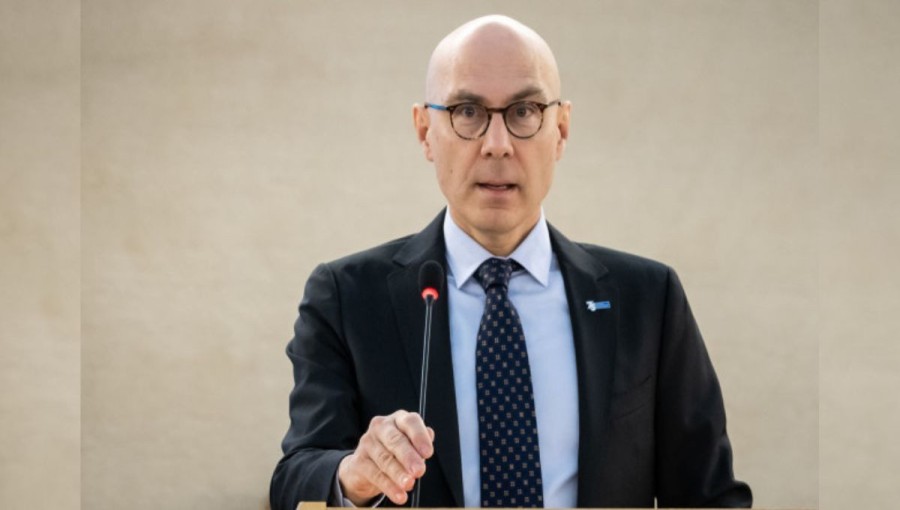Geneva, August 16 — UN High Commissioner for Human Rights Volker Türk has called the ongoing transition in Bangladesh an "historic opportunity" to anchor governance in human rights, inclusivity, and the rule of law. His remarks followed the release of a preliminary report by the UN Human Rights Office on recent protests and unrest in the country.
The unrest was sparked in mid-June when the government reinstated a controversial quota system for civil service positions. Initially peaceful student protests soon escalated into widespread violence, with security forces allegedly responding with unnecessary and disproportionate force. The UN report indicates that hundreds of people were killed, including at least 32 children, and thousands more were injured during the clashes.
"There are strong indications, warranting further independent investigation, that the security forces used unnecessary and disproportionate force in their response to the situation," the report stated. It also highlighted alleged extrajudicial killings, arbitrary arrests, enforced disappearances, torture, and severe restrictions on freedoms of expression and peaceful assembly.
Following the resignation of the Bangladeshi government on August 5, 2024, the situation further deteriorated. Reports of looting, arson, and attacks on religious minorities emerged, alongside reprisals and revenge killings targeting members of the former ruling party and police. On August 15, mobs armed with bamboo sticks, iron rods, and pipes reportedly assaulted supporters of the former Prime Minister, while journalists attempting to cover these events were attacked and threatened.
Türk stressed the urgent need to restore law and order and to implement effective measures to prevent further violence and loss of life. "Law enforcement agencies need to receive clear instructions and training on the use of force, in line with international human rights standards. They must protect populations at risk against any retaliatory or revenge violence, including minority communities," he said.
The High Commissioner also welcomed grassroots initiatives by student organizations, faith leaders, and others to protect minority communities and religious sites. The Interim Government has condemned the recent acts of violence and expressed its commitment to ensuring accountability.
Türk praised the release of thousands of detainees, including long-term political prisoners and victims of enforced disappearance, and urged the release of all those arbitrarily detained. He called for a systematic approach to vetting appointments and dismissals within the judiciary, security sector, and other institutions to ensure transparency and fairness.
Looking ahead, a team from the UN Human Rights Office is scheduled to visit Dhaka next week to explore areas where the UN can support Bangladesh during its transition. The team will also discuss the modalities for an investigation into human rights violations that occurred during the recent unrest.
"As I assured the Chief Adviser to the Interim Government, Professor Muhammad Yunus, in our phone call this week, we stand in solidarity with the people of Bangladesh at this time and are committed to supporting the Interim Government for a successful transition that is inclusive and advances the rights of all the people in Bangladesh," Türk said.
The High Commissioner's call for accountability and justice marks a critical juncture in Bangladesh's efforts to navigate its transition while upholding human rights and ensuring a peaceful future for all its citizens.





























Comment: